Lion’s mane is just one of the many mushrooms exploding in popularity for their supposed health benefits. Though some research suggests lion’s mane might benefit cognitive function, experts say these results may not translate to practical use by humans.
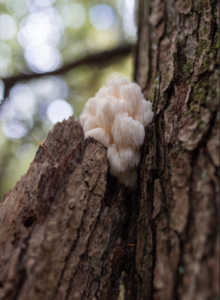 LIONS MANE.BRAIN’S BEST FRIEND
LIONS MANE.BRAIN’S BEST FRIEND
For millennia, mushrooms have been consumed and used in traditional medicine in cultures around the world. But in the last few years, mushroom-based products suddenly seem to be popping up everywhere. Products from bottled tinctures to chocolate bars and powdered coffee alternatives promise everything from mental clarity and anti-aging to immune support and tumor suppression.
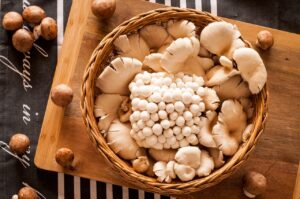
Indeed, industry analysis predicts pharmaceutical applications of mushrooms to be the fastest growing segment of the market over the next few years. Worldwide, the functional mushroom market—which includes food, drinks, dietary supplements, and pharmaceuticals—was valued at nearly $26.7 billion in 2021 and is expected to grow to $65.8 billion by 2030, according to the report.
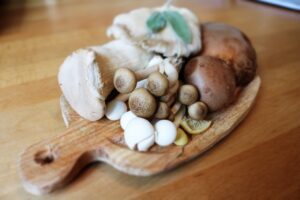
“The last few years are just unlike anything I’ve ever seen. The amount of interest that’s in fungi is just unparalleled,” says David Hibbett, a professor of biology at Clark University who specializes in the evolutionary biology of fungi.
As the “shroom boom” takes hold, questions remain as to the actual health benefits of these so-called superfoods. While some herbalists and other practitioners tout the therapeutic powers of various mushrooms, other mycologists are skeptical, even concerned, about these widespread claims.
Promising research suggests real benefits…
Christopher Hobbs, herbalist, mycologist, and author of Medicinal Mushrooms: The Essential Guide, attributes the recent explosion in interest to an “exponentially” growing scientific literature about the healing qualities of mushrooms.
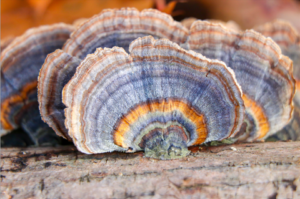
Turkey tail (trametes versicolor) is a concave, cup-shaped mushroom that grows on fallen logs or living trees in wet, shady areas of North America, Asia, and Europe, according to Macalester College.
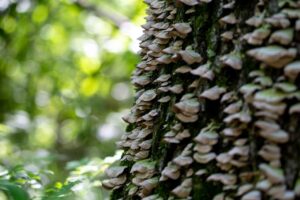
TURKEY’S TAIL FOR IMMUNE SYSTEM
The mushroom has a high concentration of the protein polysaccharide-K, which has been used to treat cancer and infectious diseases. Turkey tail may help treat stomach cancer and help immune cells damaged by chemotherapy recover to normal function, according to the National Cancer Institute.

Reishi, the “mushroom of immortality,” has been used medicinally in Asia for more than 2,000 years to promote health and longevity.
More recently, the mushroom has found its way into commercial goods like gummies and dietary supplements that claim to do everything from promoting “restful sleep” to “overall wellness and vitality.”
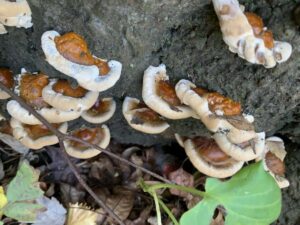
New research has focused on reishi-derived beta-glucans, a soluble fiber shown to upregulate immune response and inhibit tumor growth in mice. A study conducted in 2023 found immune cell populations grew significantly more among the 126 human participants who were randomly administered reishi beta-glucans.
Shiitake mushrooms also contain a beta-glucan, called lentinan, that some herald for its anti-diabetic and immunotherapeutic potential in humans.
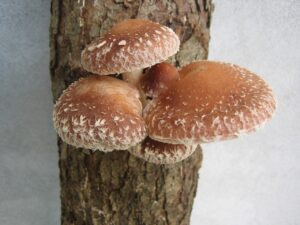
The extract has been shown to suppress Type 1 diabetes in mice and improve immune response in cancer patients undergoing chemotherapy.

Chaga, whose medicinal use dates back to 12th century Europe, is another big player in the functional mushroom market.
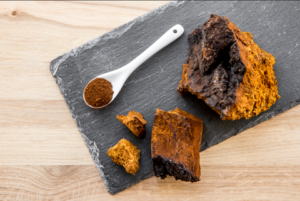
The fungi has long been prescribed to cure digestive disorders, reduce inflammation, and even treat cancer. Recently, Inonotus obliquus polysaccharide (IOP), a bioactive chaga extract, has been shown to lower blood sugar levels in mice and inhibit the growth of human cancer cells in vitro.

Reishi, the “mushroom of immortality,” has been used medicinally in Asia for more than 2,000 years to promote health and longevity.
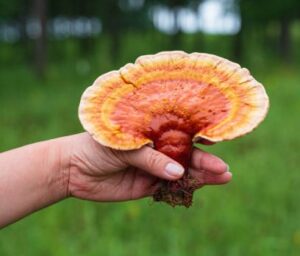
More recently, the mushroom has found its way into commercial goods like gummies and dietary supplements that claim to do everything from promoting “restful sleep” to “overall wellness and vitality.”
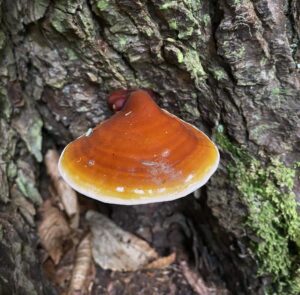
New research has focused on reishi-derived beta-glucans, a soluble fiber shown to upregulate immune response and inhibit tumor growth in mice. A study conducted in 2023 found immune cell populations grew significantly more among the 126 human participants who were randomly administered reishi beta-glucans.
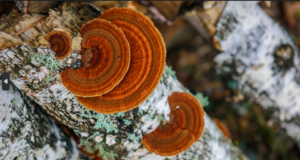
Compared with human clinical trials, lab studies are highly controlled, and the findings don’t necessarily transfer to practical use, according to Heather Hallen-Adams, assistant professor of food science and technology at the University of Nebraska-Lincoln.
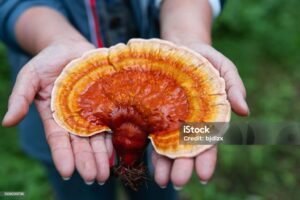
She adds that, while a growing body of research has shown that compounds in shiitake, turkey tail, and other mushrooms could have antitumor properties.
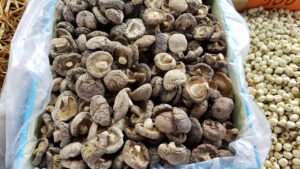
Shiitake Mushrooms above
The studies have largely been limited to labs using cancer cells in a Petri dish or genetically inbred rodents.
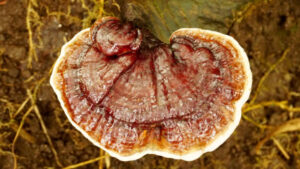
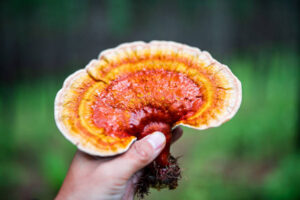
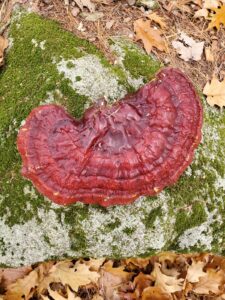
Results seen in real people with different types of cancer and complex genetic backgrounds, would likely be very different and remain “largely anecdotal” so far.

Caterpillar fungus (cordyceps sinensis) is found in the soil of Chinese prairies at elevations of 3500 to 5000 meters, according to Herbal Medicine: Biomolecular and Clinical Aspects.
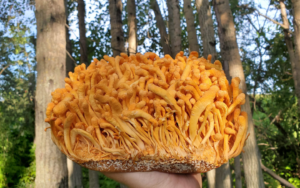
The rare fungus sells for $63,000 per pound, and the value skyrocketed in the 1990s and 2000s due to the growing Chinese economy. The fungus has become increasingly rare lately due to both climate change and increased demand from the wellness industry, per Reuters.
Dubbed “The Viagra Of The Himalayas” by NPR, the fungus has been used to treat erectile dysfunction in traditional Chinese medicine. A 2016 paper showed caterpillar fungus may help increase sperm count and serum testosterone.
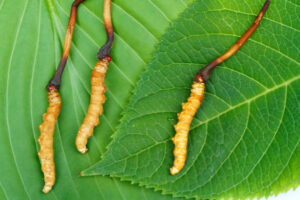
… But existing research doesn’t tell the full story
Some experts warn existing research doesn’t provide sufficient evidence of health benefits and that more long-term clinical trials are needed.
 Any questions or if buying, contact me HERE
Any questions or if buying, contact me HERE


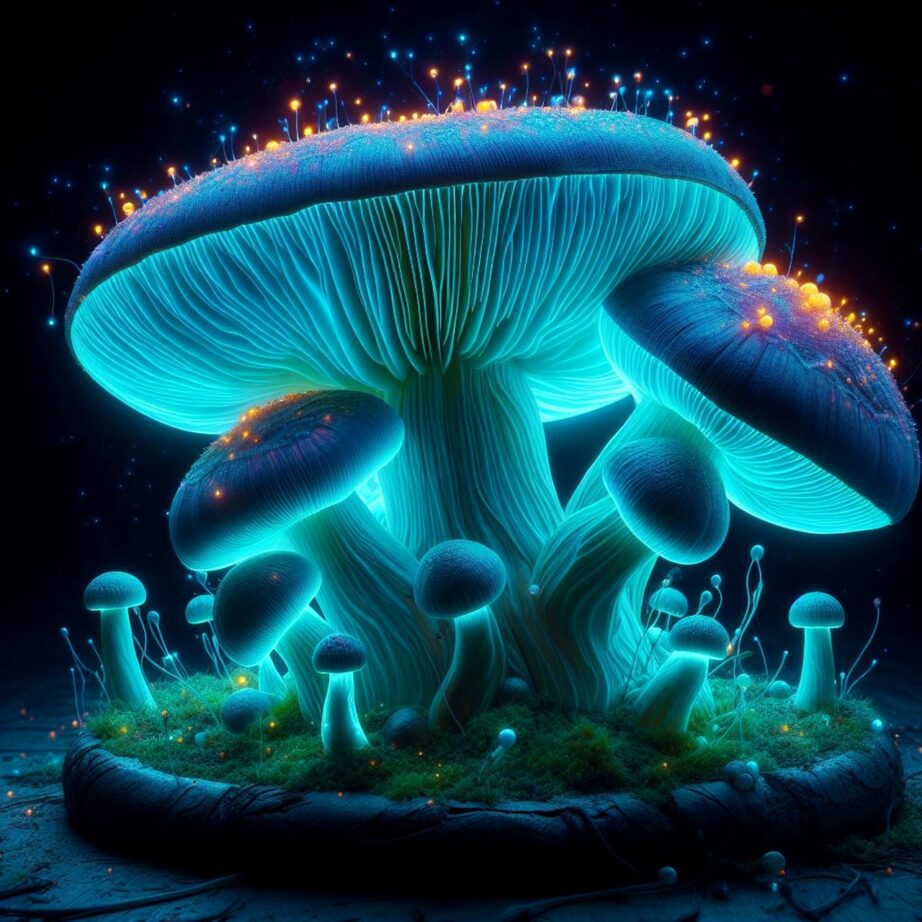
Recent Comments